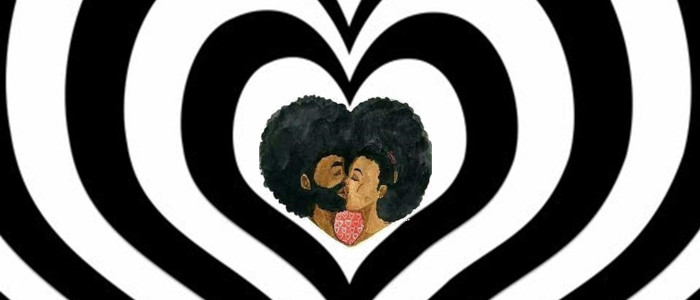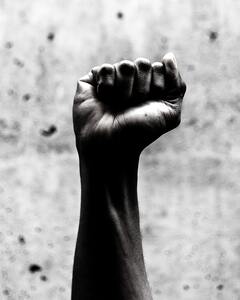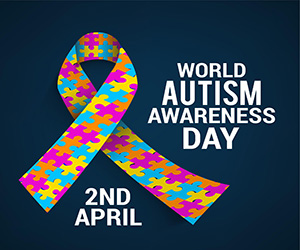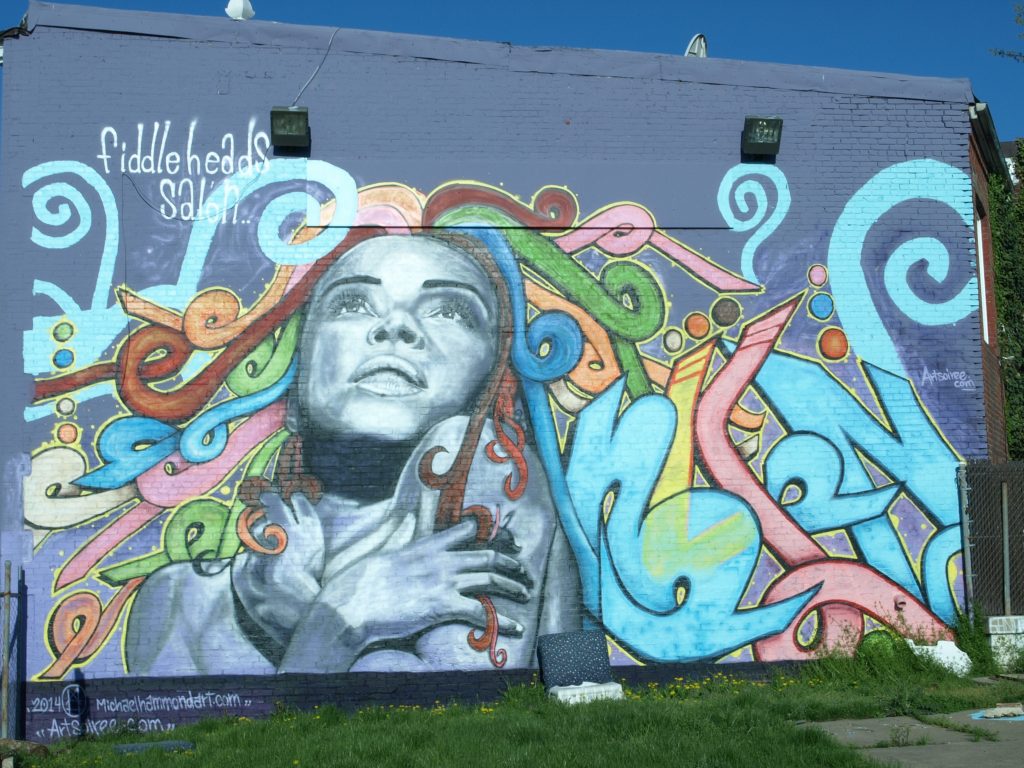I’m, I’m so in love with you…Many may remember these words from a song or hearing your parents play it repeatedly back in the day. But for those who don’t, this is a verse from the sultry mega-hit love song “Let’s Stay Together,” sung by none other than one of R&B’s greatest soulful crooners, Al Green. I was about 11 years old when this song came out. As a fan of Al Green, I loved the song and enjoyed singing along with Green. However, at that time I was so young, I really didn’t think of the words as words that represent what true love and commitment really meant. My thought was, that man is signing that song!
Sure, I’ve been in love a few times in my life. From infatuation at age 12, to puppy love at age 16, to having a baby love at age 19, to knee shaking, toes curling love. But now on the doorstep of age 62, nothing compares to the love I’m in right now. Black love at its best!
These days, there are people in relationships for reasons other than love. Back in 2021, I wrote a post “Marriage with a Purpose: Financial Security, Practicality, or Love” that spoke to reasons why people, particularly women, get married. Surprisingly, at least to me, not many people marry for love. There are those in relationships just to say they’re in a relationship, while others like myself have married for love – and I’m still in love with the one I’m married to. What me and my husband have is Black love!
Is Black love something new? Of course not. History has taught us that we as Black people who were enslaved and oppressed were not capable or intelligent enough to know love. Our Black love and the showing of Black love were suppressed. What else does history tell us about Black love?
Black Love Defined
Let’s start with defining what Black love means in general. Black love is the ideal of unity and togetherness. It’s this ideal of strength shared between two people attempting to reach a common goal.
Forbidden Black Love in America
Most representations of Black Americans throughout American history have downplayed bonds of affection and have purposefully avoided presenting them as defining characteristics of their families and communities. 2019 marked four hundred years of ‘forbidden Black love’ in America. Now in 21st-century America, the dilemmas surrounding Black love in 21st-century America are all too often mischaracterized as personal hardships that individuals must struggle to surmount. Really? In fact, over the past 400 years structural forces — racial slavery and terrorism, government welfare programs and mass incarceration — have forged the institutional basis for undermining Black marriage, Black love. And there it is!
Catherine Adams and Elizabeth H. Pleck, authored a book entitled Love of Freedom: Black Women in Colonial and Revolutionary New England. Adams and Pleck explored the various meanings of freedom among enslaved and emancipated Black women. In the book, Adams and Pleck assert that the fracturing of Black love and marriage began during the Middle Passage, when women such as Hagar Blackmore recalled being “stolen away from her husband and the infant that nursed on her breast.”
In 1669, Blackmore described the unique predicament of marital dissolution that most African women captives experienced before ever setting foot on American soil. Once they arrived, the nation’s founding legislative decisions denied Black women protections and advantages granted to white women, curtailing their options for marriage.
Over the next two centuries, American slavery thrived on strategic disruptions of Black love, especially after the United States abolished the foreign slave trade in 1807. The new law had the perverse effect of escalating an already robust domestic slave trade that further destabilized Black romantic relationships across slaveholding states.
So, what we learn here is that America’s war on Black love was not always about hardship. It was also about degrading the quality and assets of Black romantic relationships!
Black Love Alive Now and Forever
Be not despaired! There may not be a lot of examples of Black love to model after or represent Black love, but we need not look further than the most celebrated symbols of Black love in America today. There are couples that me and my husband admire and work to build our Black love relationship to be as strong, respectful, and beautiful as theirs.
Despite the structural source of venomous attacks on Black people and Black relationships, Black love is alive now and forever! Black love expressed to the highest power is seen in our most well-known couples. The Civil Rights Movement was sustained by strong relationships and Black love. Coretta Scott King and Betty Shabazz were monumental in supporting the leadership and legacy of Martin Luther King, Jr. and Malcolm X, respectively.
Actor and activists Ruby Dee and Ossie Davis, whose careers were deeply intertwined, were widely regarded as one of Hollywood’s most enduring and romantic couple, lasting 56 years, until his death in 2005. I humbly salute them. Although we still have a long way to go, today on TV and in cinema, you see strong representation of Black love. For example, Florida and James Evans (Good Times), George and Weezie (The Jeffersons), The Winslow’s (Family Matters) Michael and Janet Kyle (My Wife and Kids).
There is sincere public admiration for Barack and Michelle Obama’s powerful romantic bond and enviable marriage. You can see in Michelle’s eyes the true love and admiration she has for her husband. Barack lovingly takes pride when he talks about his wife! In his 2020 memoir “The Promised Land,” speaking of meeting his wife, he declares, “I was smitten almost from the second I saw her.”
Their Black love shows Black Americans’ success at loving each other against the odds. Representations of Black family life have not changed with Michelle Obama’s prominence as not only a mother, but also the wife of an affectionate husband. These are my kind of people!
As I said earlier, I’m a fan of Al Green and love his songs, but I really didn’t grasp the meaning of the words. So, let me take you back to 2012. At the Apollo Theater’s anniversary in New York, then President Barack Obama wowed the audience and millions of viewers as he stepped up to the podium and – in his own sultry and I must say, sexy voice – belted out the verse, I’m, I’m so in love with you…My God! At that moment, I got the meaning! He might have been paying homage to the legendary Al Green, but I could feel, he was directing those words to his wife for all to know! That’s Black love!
Black love is radical. It is innovative. Because everything in history says it shouldn’t be here, it is political. Black love is revolutionary because Black love shouldn’t exist. These are the shoulders of Black love we stand on. I stand on. These relationships mentioned come from generations of fine-tuning from our ancestors. They give me and others hope and are inspiring. Our struggles and challenges made Black love stronger than any other form. We love hard because our spirit knows what it’s like not to have love. And yet, Black love persists and is not hidden.
I began this post with the verse from Al Green’s song. If you never heard the song before, or want a throw-back of what I consider to be a song that has the footprints of love in a relationship, here it is Let’s Stay Together. For me, it captures true Black love.
Resource:
Catherine Adams and Elizabeth Pleck. Love of Freedom: Black Women in Colonial and Revolutionary New England. New York: Oxford University Press. 2010. Pp. viii, 265.


















Add comment